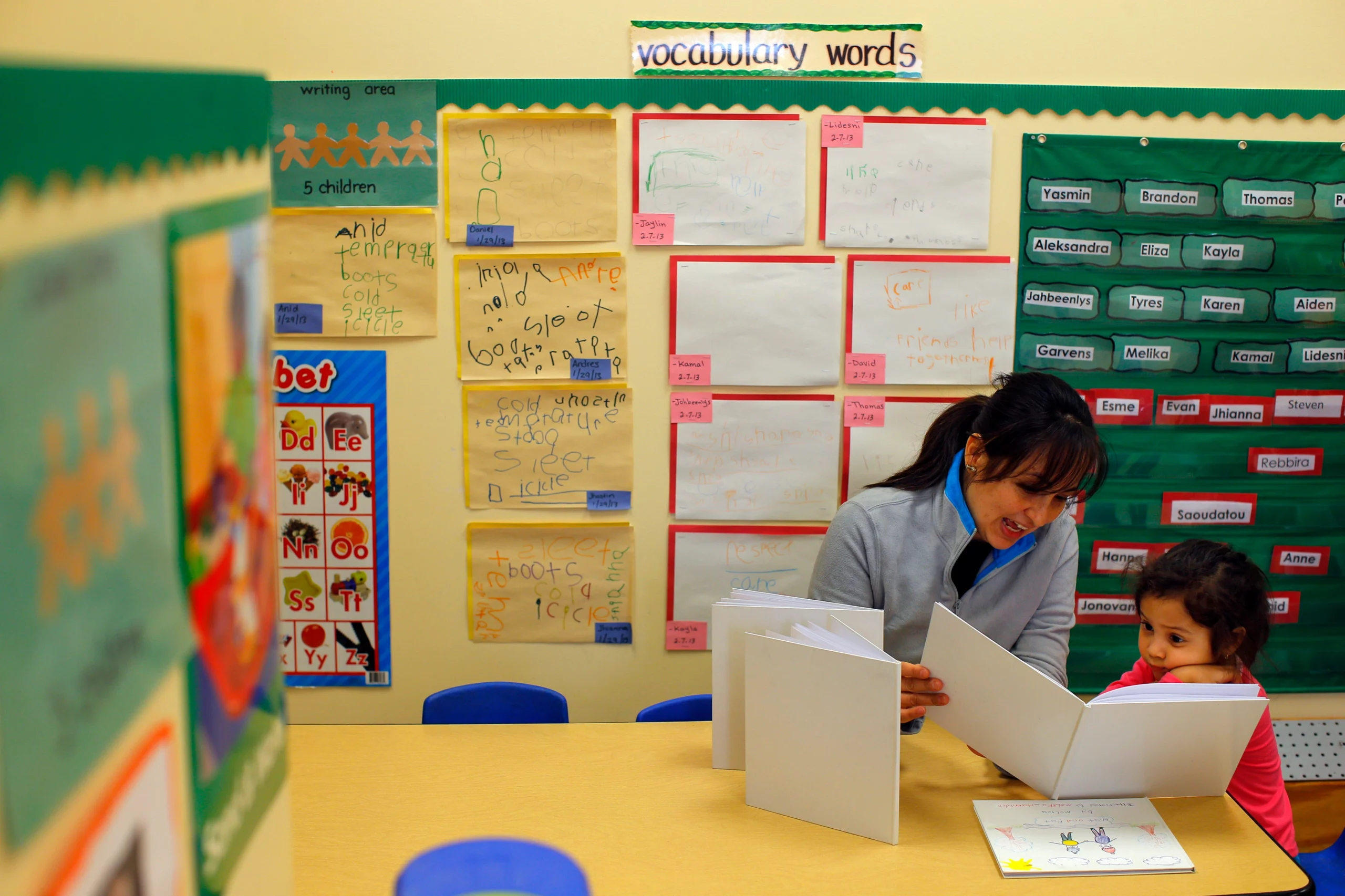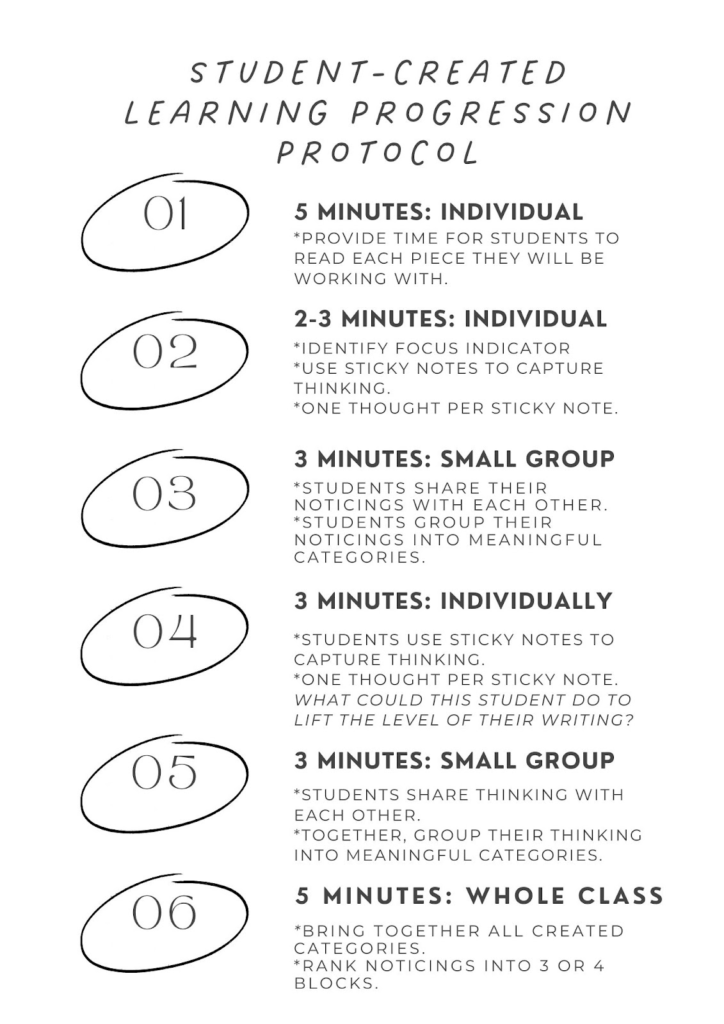
In the ever-evolving landscape of education, the concept of learning progressions has gained considerable attention. Learning progressions refer to a structured framework that outlines the essential knowledge and skills students need to acquire as they advance through different levels of education. This article explores the benefits of incorporating learning progressions into educational practices, highlighting their ability to enhance student learning, inform instruction, promote equitable outcomes, and support lifelong learning.
Table of Contents
Empowering Student Growth

Learning progressions act as a roadmap for students, offering a clear path to follow as they progress through their educational journey. By breaking down complex concepts into manageable steps, students can develop a deeper understanding of subjects. The step-by-step approach allows learners to build upon foundational knowledge, gradually expanding their skills and competencies. This method fosters a sense of empowerment and boosts students’ self-confidence as they witness their own growth and development. Moreover, learning progressions encourage a growth mindset, emphasizing that intelligence and abilities can be developed through effort and practice.
Informed Instructional Practices

Educators play a vital role in shaping students’ learning experiences. Learning progressions equip teachers with valuable insights into the logical sequence of concepts, enabling them to design targeted instructional strategies. By aligning their teaching with the progression, educators can scaffold instruction effectively, ensuring students grasp each concept before moving on to the next. This approach allows teachers to identify and address gaps in understanding, tailor their teaching to meet diverse needs, and provide timely interventions when necessary. Learning progressions also help teachers gauge students’ progress accurately, providing a comprehensive picture of individual strengths and areas for improvement.
Fostering Depth and Breadth of Knowledge
Learning progressions facilitate the development of both depth and breadth of knowledge. Students acquire a deep understanding of core concepts, mastering fundamental skills before moving on to more complex topics. This depth of knowledge builds a solid foundation, enabling learners to apply their skills across various contexts. Simultaneously, learning progressions encourage the exploration of a wide range of topics, allowing students to develop a broad understanding of the subject matter. This balanced approach promotes critical thinking, creativity, and problem-solving skills, equipping students with the tools necessary for lifelong learning.
Promoting Equity and Inclusion
One of the greatest strengths of learning progressions lies in their potential to promote equity and inclusion in education. By providing a clear pathway to learning, progressions ensure that all students, regardless of their background or prior knowledge, have access to high-quality education. The step-by-step nature of progressions supports students at different levels of ability, enabling educators to differentiate instruction and provide targeted support where needed. Furthermore, learning progressions offer a structured approach that helps address achievement gaps and reduce disparities in educational outcomes. By focusing on individual growth and progress, progressions promote a sense of belonging and encourage every student to reach their full potential.
Supporting Continual Learning

Education is a lifelong journey, and learning progressions recognize this by fostering a mindset of continual learning. By outlining a clear path for students, progressions help them see education as a continuous process rather than a series of isolated events. This perspective encourages students to set goals, monitor their progress, and take ownership of their learning. Learning progressions also support the seamless transition between different educational levels and contexts, ensuring a smooth progression for students as they move from one grade to the next or transition from one educational institution to another. Additionally, progressions provide a solid foundation for further education, career development, and lifelong learning endeavors.
Conclusion
Learning progressions offer a wealth of benefits for students, educators, and the education system as a whole. By providing a structured framework, progressions empower students, inform instructional practices, foster depth and breadth of knowledge, promote equity and inclusion, and support continual learning. Incorporating learning progressions into educational practices has the potential to transform the learning experience, enabling students to achieve their full potential and become lifelong learners. It is crucial for educators and policymakers to recognize the significance of learning progressions and actively integrate them into curriculum design, instructional practices, and assessment strategies. By doing so, we can pave the way for a more inclusive, effective, and student-centered education system that prepares learners for success in the 21st century and beyond.
Learn about: Unlock the potential of your business with Amazon’s cutting-edge to amazon digital marketing solutions, delivering unparalleled growth and success.






